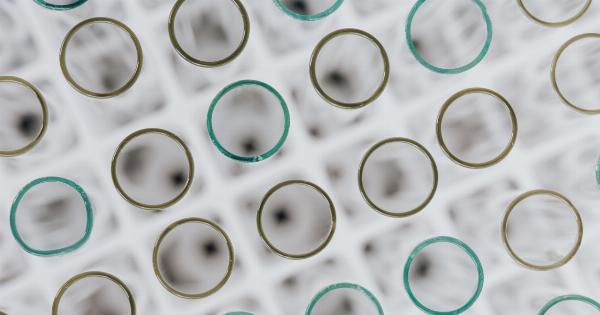A new study has found that the organs in our body do not age at the same rate. Lead researcher, Dr.
Robin Shaw from Cedars-Sinai Medical Center, said that “the rate of aging varies tremendously, not just between organs but even within the same organ.”.
The Study
The study was conducted on 3,000 individuals aged from birth to 90 years old, examining the way heart, liver and kidneys age.
The researchers analyzed gene expression in the tissues of each organ and compared how different genes were expressed over time. They found that while the rate of aging varies from person to person, even within a particular organ, there were some general patterns.
Heart
The study found that the heart ages faster than other organs. The researchers found that genes associated with heart disease tended to be over-expressed in older individuals.
The study also looked at telomeres which are the caps at the end of chromosomes that protect them from damage; these shorten with age and lessening in telomere length in heart cells was noted to occur more rapidly than in other cells.
Liver
Researchers found that liver aging was linked to inflammation. Inflammation was found to accelerate aging in the liver, as those with high levels of inflammation in their liver tissue had faster aging livers than those with lower levels.
The study also found that the liver was the most resilient of the organs studied, with the least noticeable decrease in gene expression as people age.
Kidneys
The study found that oxidative stress was linked to kidney aging. That is when the balance between cellular antioxidants and free radicals is disrupted. As free radicals increase, they cause cellular damage and aging to the tissue.
Kidneys initially tend to compensate by up-regulating the expression of genes, but this diminishes as people age.
Conclusion
The study shows that while all organs age, they do so at different rates and by different processes. It is significant for understanding why some people may be healthy in old age and others experience organ failure.
The research findings could also help in the development of therapies to slow the aging process in specific organs, such as the heart, liver, and kidneys.




























